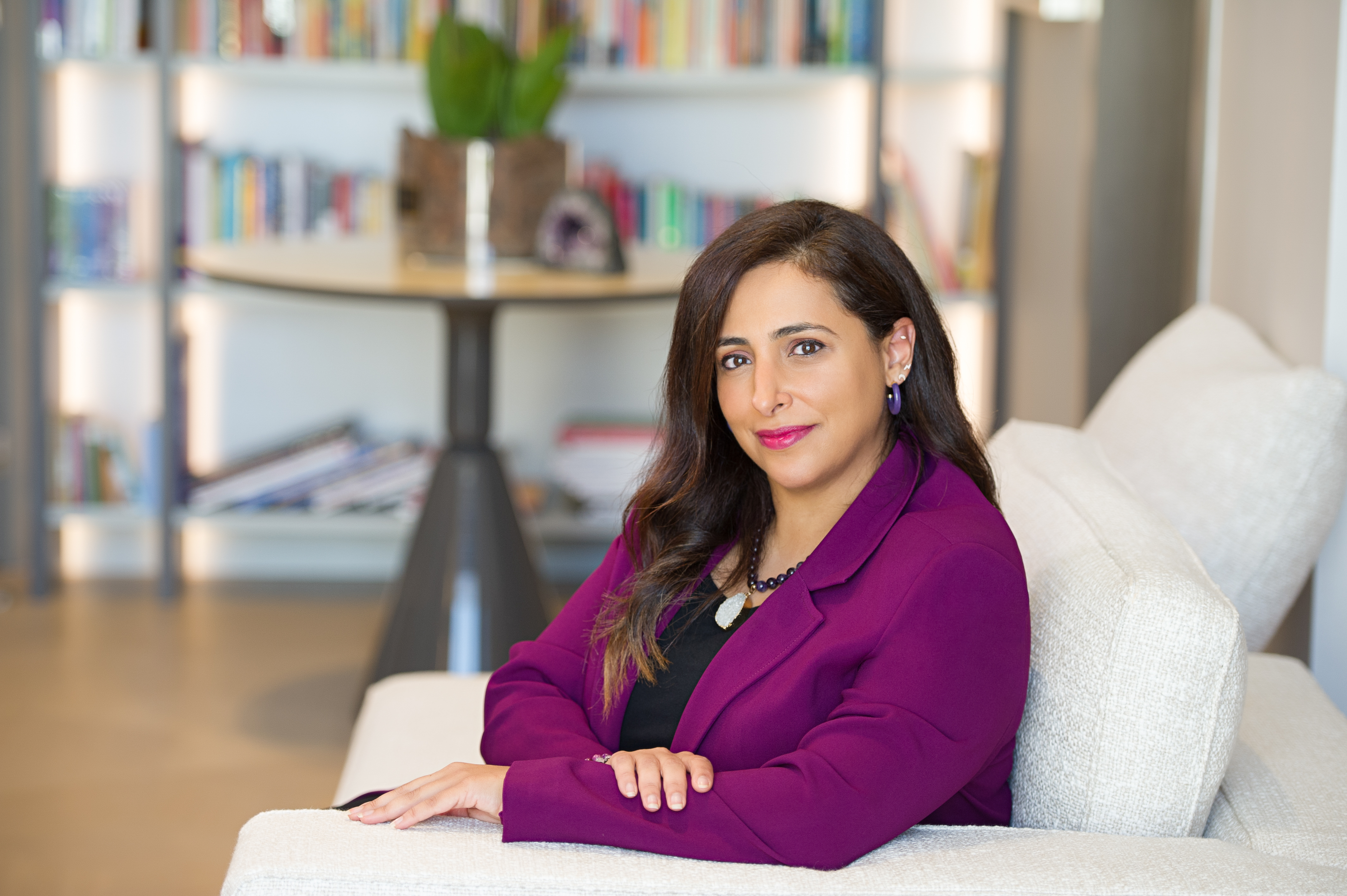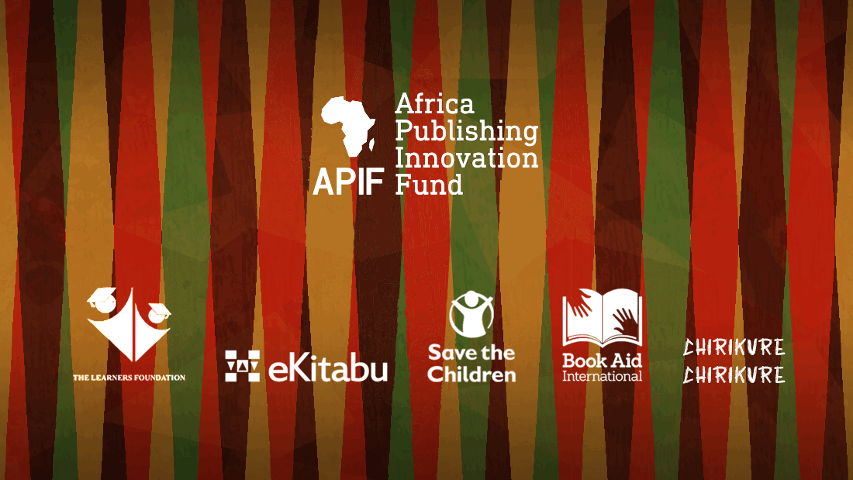Also available in French and Arabic.
This is the second iteration of the grants program, which is funded by a four-year, USD 800,000 commitment from Dubai Cares. Due to the closure of schools and transition to online learning in response to COVID-19, the APIF prioritized scalable digital learning innovations to help the millions of African students in under-resourced rural communities. Many of them are beyond the reach of national efforts to transition to remote learning and do not have access to libraries.
The initiatives to receive grants that will collectively impact 11 million young Africans in five countries are:
Ghana: As schools shifted online due to COVID-19, girls in rural communities have faced challenges in accessing online learning due to a significant urban-rural digital divide. With online learning reaching only 70% of school-age children, the Learners Girls Foundation will support 400 at-risk Ghanaian girls in Paga, a rural community of 100,000, to continue their education and access educational resources despite technology and internet connectivity challenges.
Kenya: As African publishers embrace digital content due to schools shifting online, many lack expertise in inclusive publishing practices to meet global accessibility standards. Starting in East Africa’s regional publishing hub of Kenya, with plans to scale to 12 African countries, eKitabu will work with publishers to enrich the remote learning of more than nine million students and teachers with accessible digital learning materials.
Rwanda: With the closure of schools, community libraries have taken on an even more important role in building critical literacy skills and fostering a reading culture. Save the Children Rwanda will train 270 librarians in eight community libraries on the use of technology to strengthen a culture of reading in remote and rural communities while providing digitally accessible reading materials in Kinyarwanda that will keep 1.6 million children reading while unable to attend school.
Tanzania: Competing government budget demands have led to a significant shortage of community and school libraries in the Zanzibar region of Tanzania. Book Aid International will transform three shipping containers into fully-equipped libraries in Dunga, a rural community of 76,000, where children can enjoy reading, young learners can study for exams, and adults can read and learn new skills.
Zimbabwe: With schools and rural areas poorly resourced, communities across Zimbabwe lack social infrastructure, such as libraries. Led by Chirikure Chirikure, the country’s most famous poet, this initiative will build a modern community library in Nemashakwe area, Gutu district, that will provide 800 students and youth access to books, a place to study, and programs to attain livelihood skills.
 |
Commenting on the APIF grant recipients, IPA President Bodour Al Qasimi said: ‘The COVID-19 pandemic has set back the education of millions of learners around the world, but its effects are acutest where the infrastructure cannot support the connectivity required for distance learning. Having received far more applications than we could have imagined, we are all very excited to have found five projects that we believe will deliver significant benefits for a great number of children and young people.’ |
| Dr. Tariq Al Gurg, Chief Executive Officer at Dubai Cares and Member of its Board of Directors said: ‘While COVID-19’s effect on education has been devastating, it is our responsibility now to look beyond the challenges and find and implement unique solutions that would mitigate the outbreak’s impact and enable children and youth to continue on their path to learning. Reading is an intrinsic element of education, and we are optimistic that the five projects chosen by the Africa Publishing Innovation Fund will successfully facilitate the provision of the necessary resources that will contribute to children’s educational journeys. We wish everyone involved in these projects great success and look forward to seeing the positive outcomes in the form of more and more empowered students and youth.’ |  |
Due to the pandemic, over 250 million children are out of school in Africa. In rural communities, lack of internet connectivity, library facilities, and significant urban-rural digital divides have also left students unable to attend remote learning. Girls, in particular, have been affected more by closures since they are often expected to take on childcare responsibilities and household chores. In addressing these challenges through publishing innovation, APIF is contributing to avoiding a lost generation of youth which lacks critical literacy, livelihood, and life skills.
About the African Publishing Innovation Fund (APIF)
The APIF is a four-year, USD 800,000 fund provided by Dubai Cares, a UAE-based global philanthropic organization, and administered by the IPA. The decision to incentivize learning innovations to help African students pursue their education followed the confinement measures imposed worldwide in response to the Covid-19 pandemic. Around 190 countries had to close schools and universities, affecting more than 1.5 billion school-aged children – around 90% of the world’s student population.
To see some of the work already underway with support from the Africa Publishing Innovation Fund, visit www.apinnovation.fund and browse the Projects and Libraries tabs.
About the International Publishers Association (IPA)
The IPA is the world’s largest federation of publishers associations with 83 members in 69 countries. Established in 1896, the IPA is an industry body with a human rights mandate. The IPA’s mission is to promote and protect publishing and to raise awareness of publishing as a force for economic, cultural and social development. Working in cooperation with the World Intellectual Property Organization (WIPO) and numerous international NGOs, the IPA champions the interests of book and journal publishing at national and supranational level. Internationally, the IPA actively opposes censorship and promotes copyright, freedom to publish (including through the IPA Prix Voltaire), and literacy.
www.internationalpublishers.org
About Dubai Cares:
Since its inception in 2007, Dubai Cares, part of Mohammed bin Rashid Al Maktoum Global Initiatives, has been working towards providing children and youth in developing countries with access to quality education through the design and funding of programs that aim to be impactful, sustainable and scalable. To date, the UAE-based global philanthropic organization has successfully launched education programs reaching over 20 million beneficiaries in 60 developing countries.
Dubai Cares plays a key role in helping achieve the United Nations Sustainable Development Goal (SDG) 4, which aims to ensure inclusive and quality education for all, and promote lifelong learning by 2030, by supporting programs in early childhood development, access to quality primary and secondary education, technical and vocational education and training for youth as well as a particular focus on education in emergencies and protracted crises. Moreover, Dubai Cares adopts a strategic approach to improve student enrollment and learning outcomes through an integrated school health and nutrition model that is made up of school-based deworming activities, school feeding, and WASH (Water, Sanitation & Hygiene) in schools.
Dubai Cares is a member of the United Nations Department of Global Communications (UN DGC), as well as a registered non-government organization under IACAD, the charitable activities regulator in Dubai. The UAE-based global philanthropic organization is authorized to raise funds through direct donations and fundraising campaigns, as well as process all permit approvals with IACAD.
Volunteerism is a powerful tool to Dubai Cares in order to engage people in tackling development challenges. Dubai Cares rallies the UAE wider community through a large spectrum of volunteering and awareness initiatives that are linked to its global mandate.
To learn more, please visit www.dubaicares.ae

